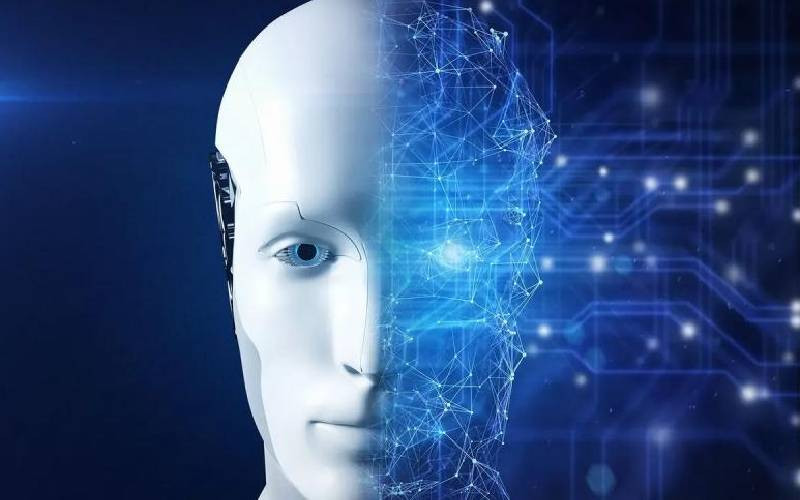×
The Standard e-Paper
Home To Bold Columnists

On Wednesday, over 1000 tech industry leaders signed an open letter urging Artificial Intelligence (AI) labs to stop developing advanced forms of AI. To many, this does not come as a surprise as one of the most prolific geniuses of the last century, theoretical physicist, Stephen Hawkins warned that AI could eventually end the human race if it was ever developed to extent in which it would take off on its own and redesign itself in an ever-increasing rate.